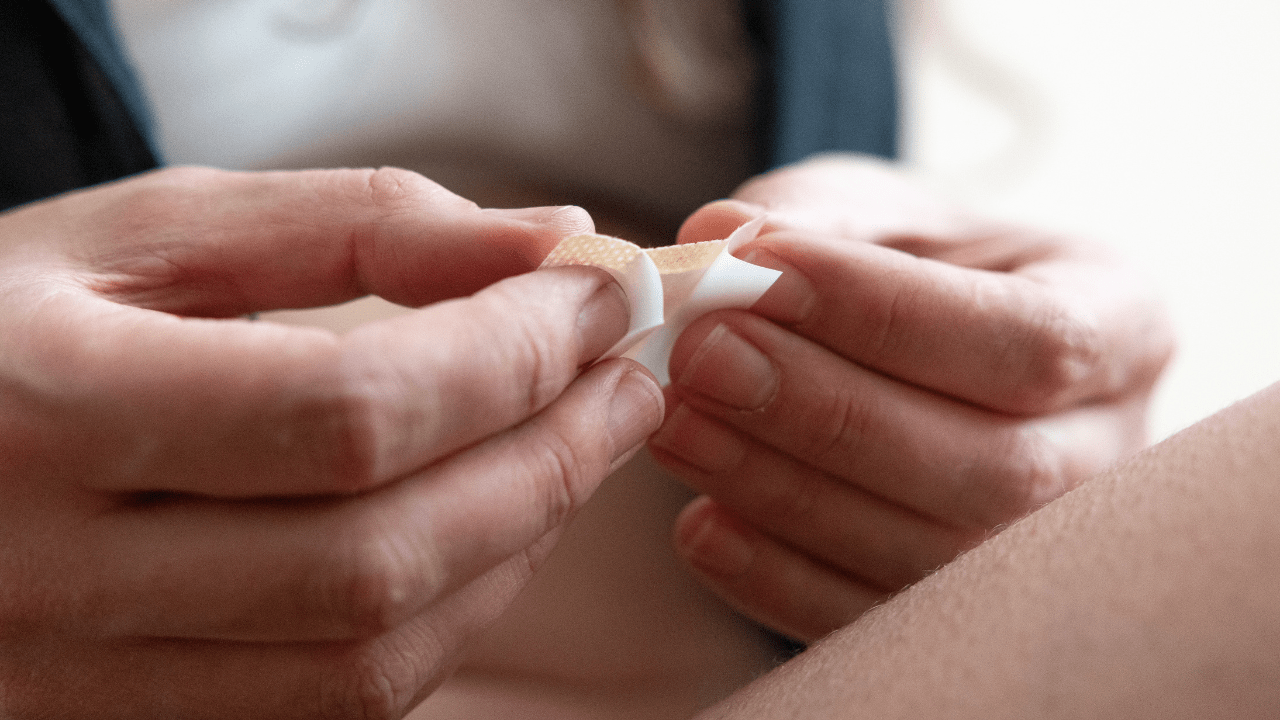How does menopause affect your mental health?

So why is this happen? Hormone changes.
All your hormones are decreasing across the board when you’re going through menopause. You might experience symptoms such as hot flashes or disrupted sleep, which can really knock your emotions off balance, especially when you factor in family work, aging parents, and even personal issues. Some women experience low moods or don’t feel like they’re in control of their emotions and may even experience feelings of rage, and then this could switch to feelings and break outbreaks of tearfulness.
What can you do to help balance your mental health during this transition? First of all, there’s hormone therapy. There’s HRT, which is hormone replacement therapy and BHRT, or biodentical hormone replacement therapy, which is not regulated and you’d need to find a good compacting compounding pharmacist.
Phytoestrogen is also natural way to increase your estrogen level or phytohormones for other hormones, which are derived from plants. Or you can do a combination of any of these therapies. You really need to find something that works for you because everybody is different and your requirement and hormone balance is different. Less estrogen is produced during this time, and estrogen is related to all the major systems in your body and even affects the production of serotonin, a mood regulating neurotransmitter. So it’s really important to get your estrogen levels in balance again, plus the estrogen-progesterone ratio is important.

This should be measured and monitored by your doctor just to make sure that your levels are in good relation to each other. Fluctuating estrogen and progesterone levels, plus other factors cause serotonin, production, disruption, and lead to more mood swings. So please, do look into this and address your estrogen and progesterone levels and other hormone levels.
Other things that can help manage your anxiety would be a balanced diet. One that you’re not eating foods that are inflammatory or that you’re allergic to or sensitive to. You can try some natural herbs like Valerian Root or St. John Warts. Exercise is also very super important. I’m really a big advocate of moving and also breathing techniques are very powerful to get you grounded. If you are up in your head and you wanna get down to the earth and grounded and away from that mental agitation. Yoga can also be is super helpful. It combines the movement, the breathing and being present mindful and all those beneficial things. So I’m a big advocate of yoga.
If you’re really struggling, see a therapist or get some counselling. For medication, absolutely if necessary. I leave that as the last one because for me, myself, I would’ve tried all the other things before I resort to medication. But sometimes it is necessary and really important to look into if you do need it.







